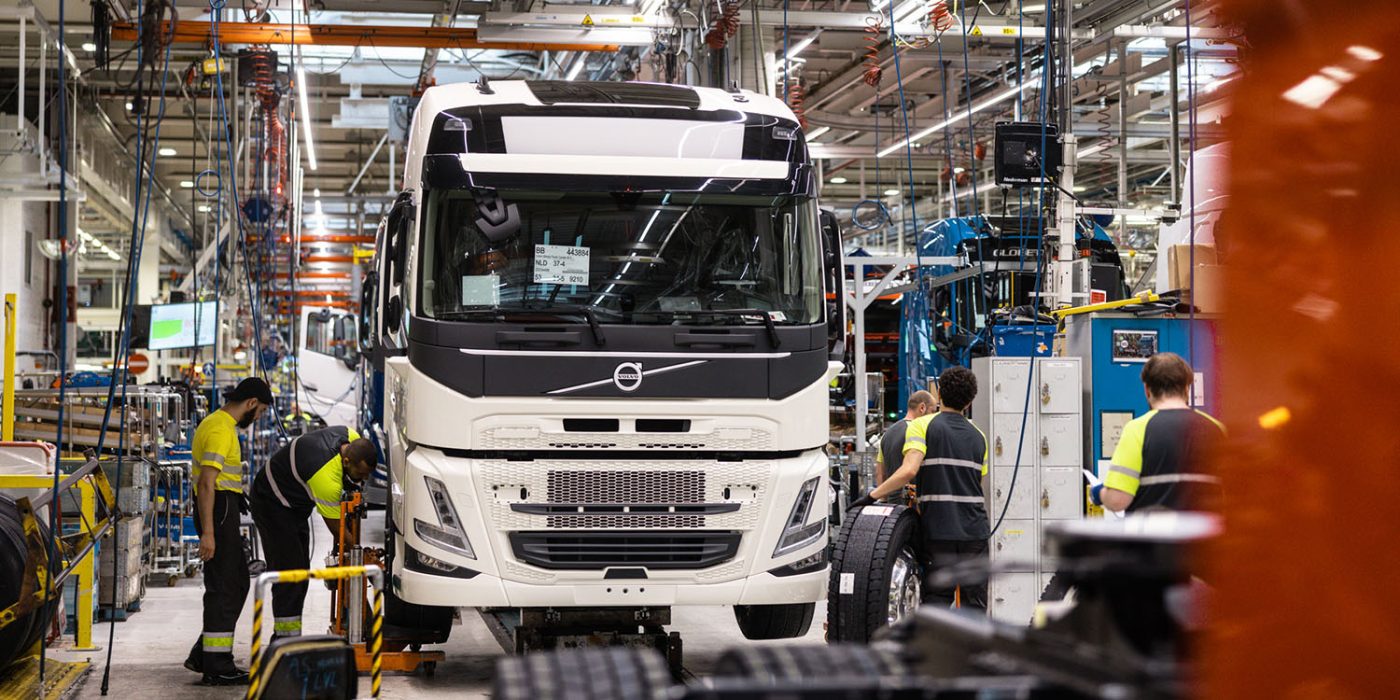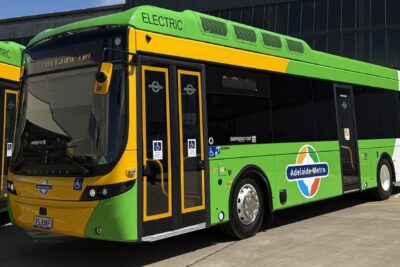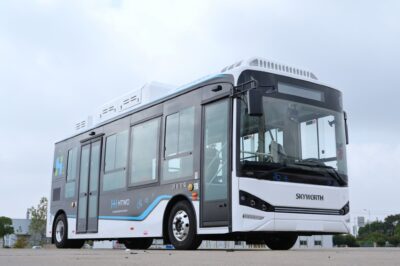CO2 standards for commercial vehicles: EU Environment Committee calls for “more ambition” than Commission
Like the Commission, the MEPs of the Environment Committee demand that all newly registered city buses should be emission-free from 2030 – the EU states had voted for a postponement of this target to 2035. The general target that manufacturers of heavy-duty vehicles must reduce fleet emissions by 90 per cent by 2040 is also in line with what the Environment Committee proposes. However, it wants to increase the interim target for 2035 to 70 per cent compared to the 65 per cent proposed by the Commission.
In contrast to the positions of the previous EU bodies, the Environment Committee’s report includes “vocational vehicles” in the CO2 emission reduction targets. By that, MEPs mean refuse trucks, tippers or concrete mixers.
Concerning buses, MEPs call for a complete switch to electric vehicles by 2030, but they want to allow an exception: Temporarily, intercity buses powered by biomethane should be permitted until 2035. However, the exception only applies to the intercity segment, not city buses. In addition, the exception will be linked to “strict conditions,” such as the existence of the infrastructure and proof of the origin of the fuel.
The report was adopted with 48 votes in favour, 36 against and one abstention. It is not clear from the committee’s communication how the parliamentary groups voted.
“The transition towards zero-emission trucks and buses is not only key to meeting our climate targets, but also a crucial driver for cleaner air in our cities. We are providing clarity for one of the major manufacturing industries in Europe and a clear incentive to invest in electrification and hydrogen,” says Rapporteur Bas Eickhout (Greens/NL). “We’re building on the Commission’s proposal, but with more ambition. We want to expand the scope of the rules to small and medium-sized lorries and vocational vehicles – sectors which are especially important for urban air quality – and we’re adapting several targets and benchmarks to catch up with reality, as the transition is moving faster than expected.”
The European Parliament is expected to adopt the report in November to establish its final position on the negotiations with the EU governments. The Environment Committee’s report will serve as a basis for discussions but does not have to be adopted without amendments. Afterwards, negotiations between the EU Parliament, the EU Commission, and the member states organised in the EU Council will begin.





0 Comments